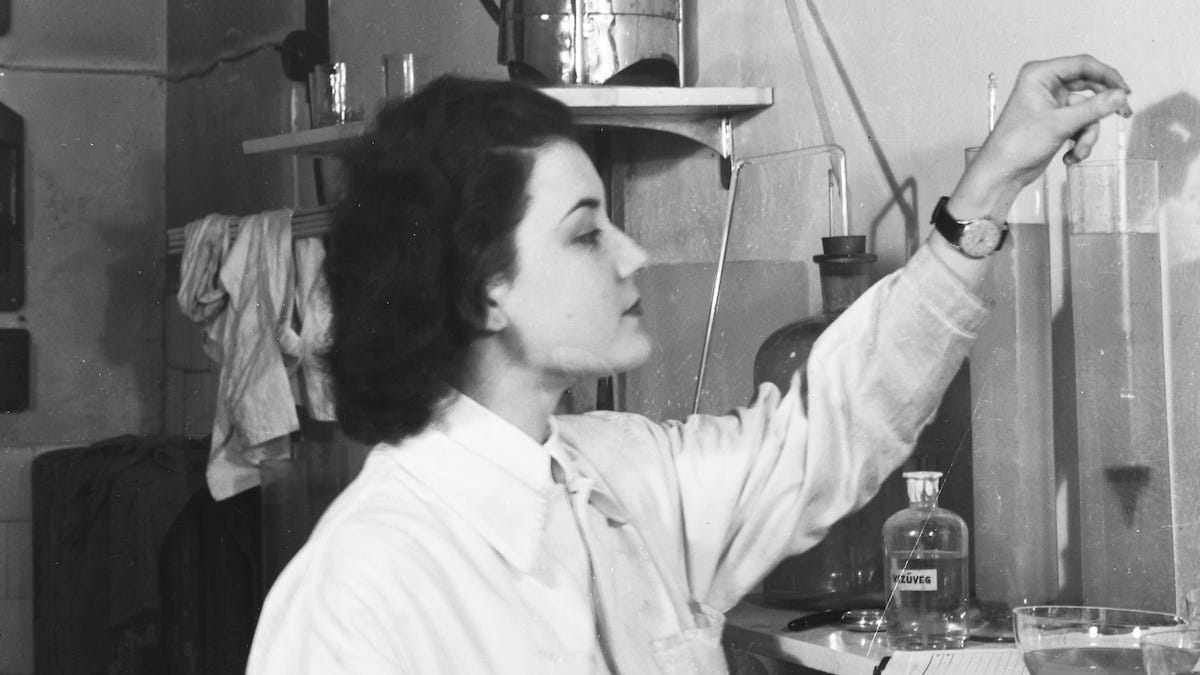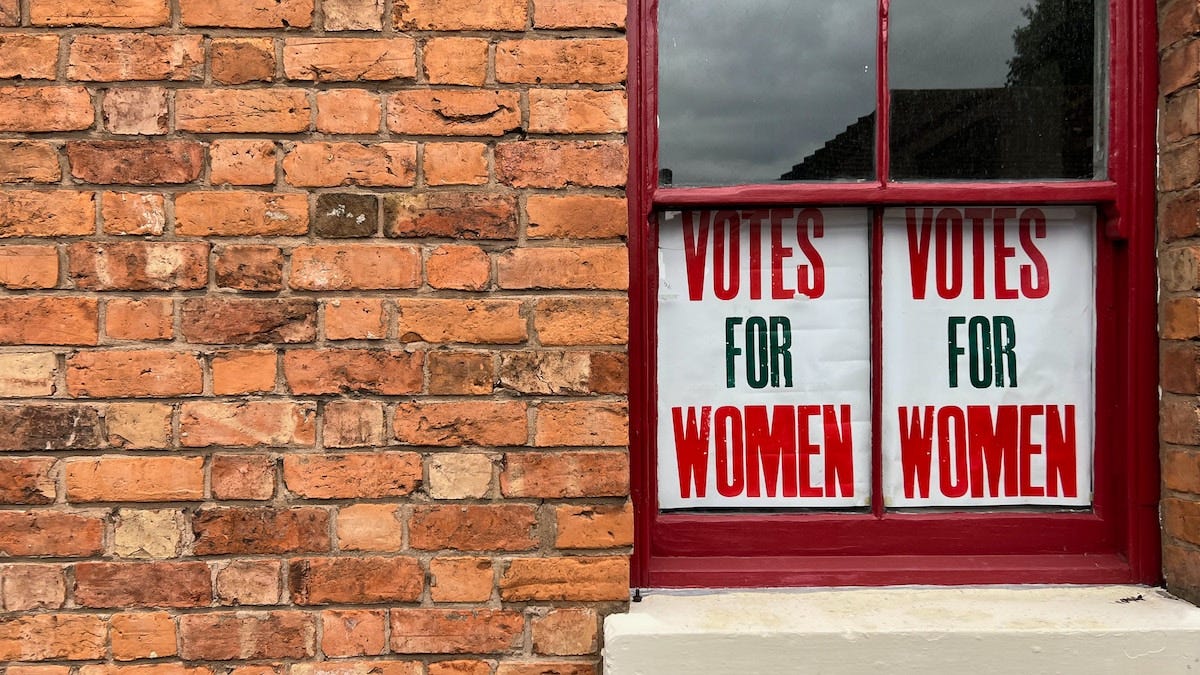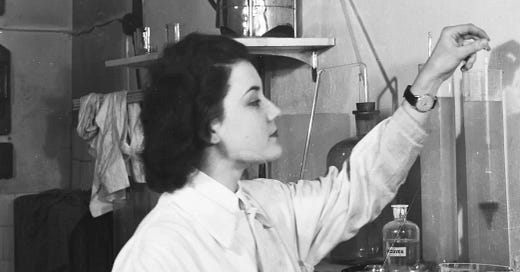Do We Need “Feminist Science”?
Does "Feminist Science" Benefit Women?
Today's featured essay discusses "feminist science," a philosophy whose proponents see sexism not just in specific people and institutions but in the very construct of scientific inquiry. They argue that we should replace modern science's "value-free ideal" with feminist values. But would this actually serve women's interests?

Fairer Disputations
Do We Need "Feminist Science"?
J. A. COBON
Rigorous, empirical scientific research does not replace philosophical arguments about the nature of sex and gender or political arguments about how to accommodate sexual difference, but it can and should inform those debates. It is the job of our best scientific theories to tell us about the differences and similarities between female and male biology, from the function of the male and female endocrine systems and the stages of reproductive development to psychological sex differences and other empirically observable phenomena. We need these theories to be as close to the truth as possible in order to effectively advance a pro-woman agenda. This is especially true for sex-realist feminists, who emphasize the political significance of sexual difference.
This Week's Links:
First, featured author Mary Harrington examines feminism, "not from the angle of 'right' and 'wrong', but that of technology", and in particular, the technology of the Pill.
Kathleen Stock recently wrote about another significant technological development, the at-home DNA test, and what its popularity reveals about the human longing for connection with our genetic family.

Reactionary Feminist
The Contraceptive Tetrad
MARY HARRINGTON
If sex is not intersubjective but private, the aim must be to find an Other who most perfectly reflects back your own desires and proclivities. This assumption lies near the root of the modern proliferation of rainbow “sexual identities”, which are, in a sense, a kind of market self-segmentation in the hope of thereby conjuring a romantic or sexual product more perfectly tailored to particular individual desires.
But no living human Other ever perfectly reflects you back; a relationship is not just about natural compatibility but growing into compatibility. By contrast, AI girlfriend/boyfriend/hentaifriend/otherkinfriend will reflect your desires back better and more completely than any individual human could. Thus the logic of sexual technologisation reverses into AI girlfriend.
At Law & Liberty, Elizabeth Grace Matthews provides a defense of the early feminist campaigners. She argues, contra a contemporary anti-feminist book, that an adult human female does not need to experience "an innate emotional identification" with traditionally feminine attributes to be considered a "true woman."

Law & Liberty
ELIZABETH GRACE MATTHEWS
"True women” aren’t only those that feel a deep kinship with traditional femininity, as defined by Gress or anyone else, nor are “true men” only those that feel a deep kinship with traditional masculinity. It’s true that well-lived, civically beneficent male lives will typically be different from well-lived, civically beneficent female ones, given the embodied reality of sexual difference and the distinct comparative advantages those differences usually portend. Males are typically the family’s physical protectors, for example, due to their greater average strength and their greater average willingness to inflict deserved suffering on others.
Still, depending on the personalities of those living them, virtuous male and female lives may or may not feel indistinguishable from one another. And this is irrelevant. Because it is Wollstonecraft’s universal conception of virtue and Alcott’s unisex vision of self-sacrifice—not some mystical understanding of gendered souls—that paves the way forward to modern adulthood for both sexes. This is the path to a true womanhood and a true manhood that can benefit us all.
In our final piece, Julie Bindel argues that even legal porn can malform men's desires and lead them down the pathway to pedophilia.

UnHerd
How Porn Breed Paedophiles
JULIE BINDEL
Plenty of legal porn makes adult women look like children: there are so many videos of very slightly built women with small breasts, their hair in ponytails, looking eager to please. When this is no longer “exciting” enough, men often become increasingly curious about the illegal content it simulates. To demand that Pornhub deter men from entering search terms such as “child” and “rape” is to miss the point: that its legal content, including the Barely Legal genre (with tropes such as “schoolgirl/babysitter”), is partly responsible for men wanting to search for such things in the first place.
Support Us
Please remember Fairer Disputations in your year-end giving. We are so grateful to those of you who make monthly donations in support of our unique mission. We welcome donations of any amount, one-time or monthly! All donations are secure, tax deductible, and essential for the vitality of this online journal. Donate here.
Write for Us
Fairer Disputations happily accepts pitches and submissions for publication on our site. Email us at submissions@fairerdisputations.org.




